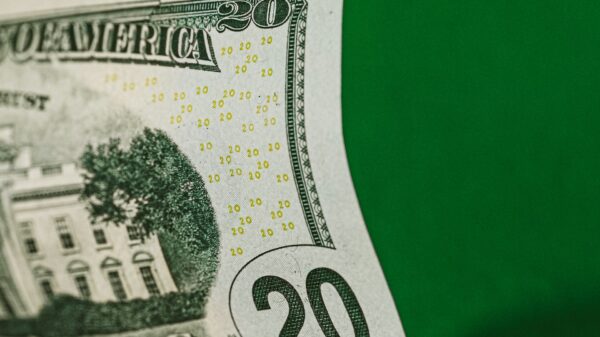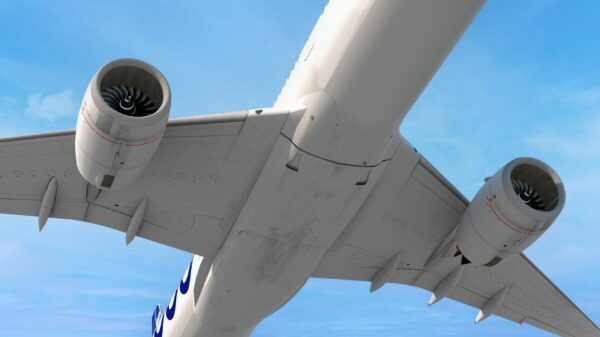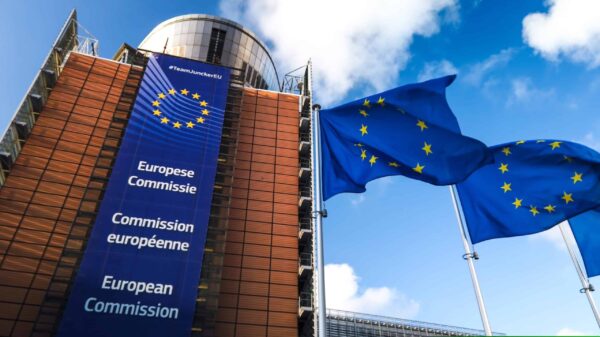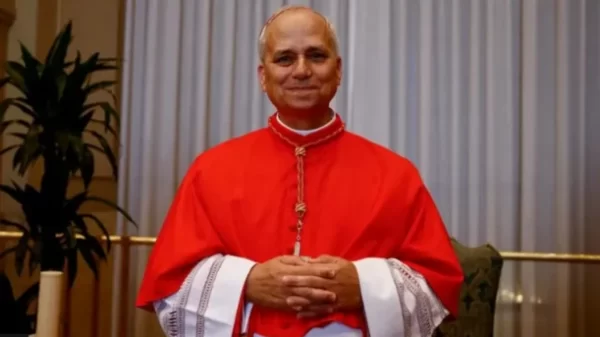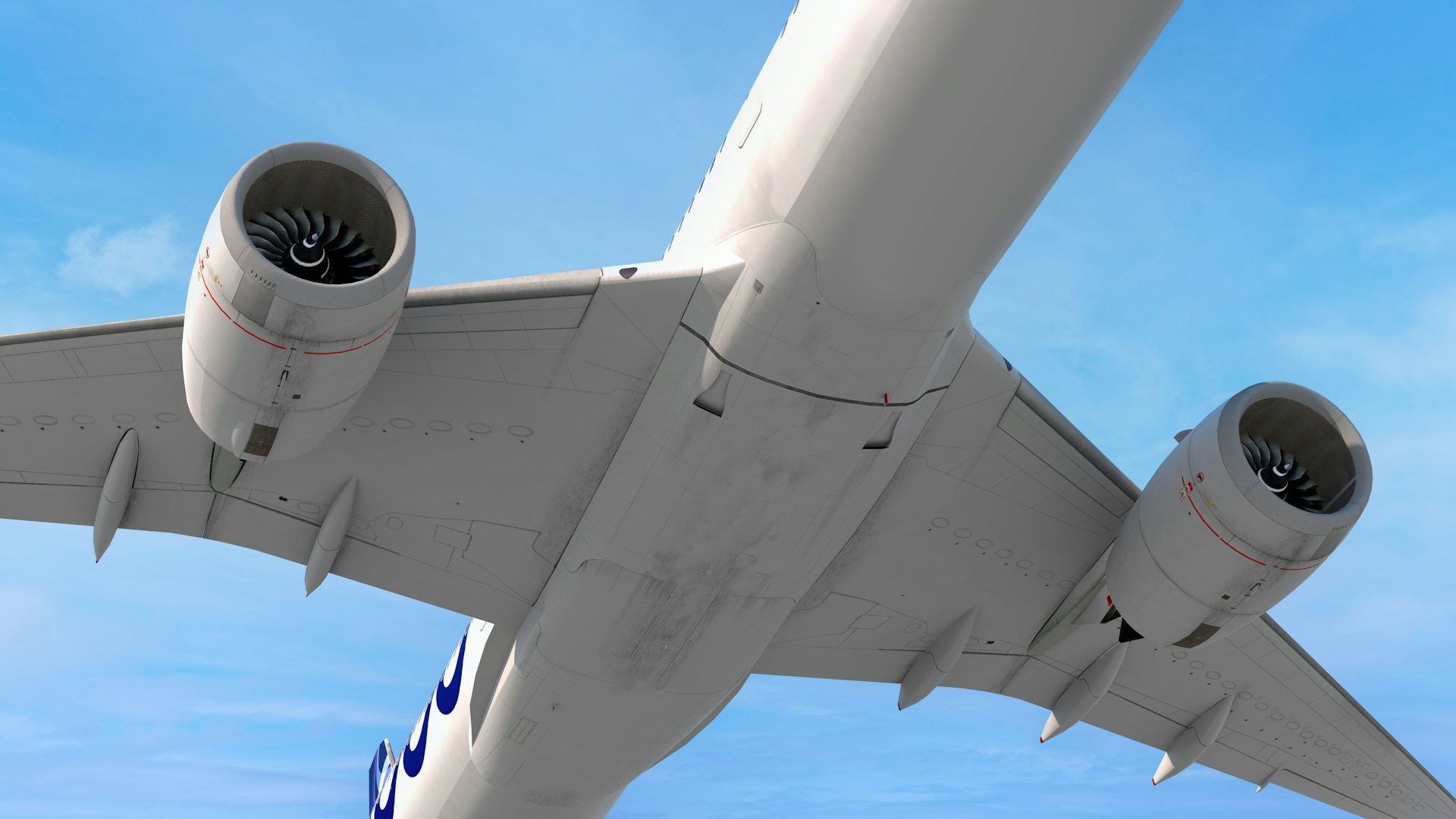The best way to make a small fortune, goes the popular joke, is to start with a bigger one.
It’s a line as old as time and the quip that reportedly escaped Elon Musk’s mouth after he destroyed an estimated 70% of Twitter’s value following his acquisition of the platform in 2023. The reaction of his equity investors in the Twitter deal – groups like AH Capital Management, Qatar Holding, and Prince Alwaleed bin Talal – is yet to be recorded, but it’s not likely to be a positive one.
The goal of an investment fund is, of course, to make money. And while the funds themselves might damage or destroy the companies they invest in – take a bow, ye asset-strippers of private equity – the investors in these funds usually receive a good return, even if their targets suffer. Even the most spectacular failures, such as Australia-based Macquarie’s repeated extraction of an estimated £2.8 billion in dividends from Thames Water as the utility’s physical infrastructure creaked to the point of collapse, rarely tarnish the reputation of the funds themselves.
The ability to escape blame is a problem, given how the free money and rock-bottom interest rates brought on by the 2008 financial crisis spurred the giants of private capital into ever-more exotic niches to receive their returns. Try telling an institutional investor in 2000 that an entire sector of rents would be established off the back of music played on the internet. Or, for that matter, that 20 years later would be the perfect time to snatch commercial aircraft from unsuspecting airlines during a global pandemic that was killing tens of millions and grounding nearly all passenger travel.
As it turns out, both happened. The first play – investing in songs – is best exemplified by Merck Mercuriadis, the now departed chief of song fund Hipgnosis, an entity backed by the ‘alternative asset’ giant Blackstone. And the second play – snatching aircraft – was devised by a group of ex-Macquarie staffers who flew their Aussie coop in 2018 to create a private equity firm called FitzWalter Capital.
Of the two schemes, the FitzWalter play deserves more scrutiny, given the musicians in the Hipgnosis scheme can at least say they took the considered decision to sell their catalogue to the fund. But the same cannot be said for Vietjet, the airline now at the centre of a three-year battle with a FitzWalter subsidiary in the UK High Court. No, what happened to four of Vietjet’s leased planes came out of the blue.
How $7.4m in backed up payments became a $181m court claim
With aviation booming again, it’s easy to forget just how dire the outlook was for airlines during the depths of the pandemic. Entire fleets were grounded as world governments sought to restrict the spread of the deadly Covid-19 virus. This was the case for long-established airlines like British Airways and Lufthansa, along with upstart discount airlines like Vietjet. The pandemic was not an environment in which any airline could reasonably be expected to make money.
This is why bankers from the era will remember a frantic rush to refinance aircraft leases. A February 2022 snapshot study by the law firm White & Case outlined how 86% of lessors had agreed to revised deals. And why wouldn’t they? With airlines unable to fly, it’s not like the underlying asset – i.e., the aircraft – would have been of much use to anyone else, either.
Like others in the sector, Vietjet was renegotiating its plane leases with its various lenders. But in the case of the four aircraft in dispute, Vietjet was negotiating with its lenders (BNP and Natixis) at the same time as its lenders were secretly negotiating with FitzWalter. For comparison’s sake, imagine losing your job because of the pandemic and then renegotiating your mortgage payments in good faith with your bank, only to be told that your home was now owned by strangers who wanted all of your past and future mortgage payments and your house to sell on for profit? This is essentially what happened to Vietjet.
But just how could a relatively minor $7.4m in overdue lease payments owed to established banks by a by-all-appearances successful airline spiral into a multi-hundred million dollar dispute triggered by a weeks-old private equity company, one which left the fund in control of four planes and the instigators of a claim for damages in the High Court?
The answer to that particular mystery turns out to be a financing structure called a Japanese Operating Lease with Call Option (JOLCO). It is important to note here that, while JOLCOs are popular aircraft and shipping lease-purchase structures, they are a bit different to a traditional lease, in that they are a combination of equity financing from Japanese investors and traditional loans offered by banks. The goal of these structures is for airlines to pay a return to the investors as they repay the debts to the banks, leaving the investors with a tax write-off and then a healthy return over time, and the airline with the ‘tin’ at the end of the lease instead of restoring it back to its original settings and giving it back to the lessor. In other words, the airline is buying the aircraft on an installment plan.
But a JOLCO carries stiff penalties should things go wrong for the airline. In Vietjet’s case, if the airline was unable to repay the debts, the penalty was that it would be required to pay the entire remaining amount due under the lease agreement, while also forfeiting all the installment payments already made under the loan agreement. It’s essentially double the cost. This is how the total quickly escalated to hundreds of millions of U.S. dollars across the four aircraft involved (all of which had over a decade’s worth of payments left to make). It must be acknowledged that the contractual terms with banks and aircraft lessors are typically extremely strict. However, in reality, traditional banks will always work with borrowers to find solutions to nurture future revenue streams. Most banks won’t cut their noses off to spite their face, especially during a pandemic. FitzWalter, on the other hand, is out for a one-time profit because they have no customers to serve (beyond their investors). A ‘vulture fund’ has different goals to a customer-facing airline; it will massacre a face to get a return.
And this is the point. For a fund like FitzWalter to produce a return, it was always going to need more than the original $7.4m in arrears from Vietjet. To make serious money, FitzWalter needed the arrears, all future loan payments, and the sell-on fee from shipping the aircraft onto new owners. This is what would turn a minor haul into a major payday. It is most likely why JOLCOs were targeted and an airline remarketing firm – in this case Airborne Capital, itself no stranger to legal disputes – was brought in to sell the aircraft within days of the lessors triggering so-called ‘termination notices’ (which Vietjet argues was done improperly, according to court documents).
Given the protracted UK court dispute (in which an appeal has just been heard), it’s not clear the FitzWalter play is a winner or repeatable as a long-term investment strategy. Nor is the UK High Court case the first time FitzWalter has come unstuck in a courtroom. A similar JOLCO play by FitzWalter and its remarketing partner (which is, interestingly, made up of former Natixis aircraft financiers) was scuppered in the New York courts a few years ago after Vietnam Airlines – the Vietnamese state-backed carrier – and its JOLCO holder challenged the ‘hyper-aggressive’ takeover in a Chapter 11 proceeding.
Not that FitzWalter appears to have been humbled by this legal failure, and why it will be sweating as it waits to see if its claim in the UK is overturned on appeal. The fund can’t very well go back to its investors (mostly major institutional investors according to FitzWalter’s marketing materials) empty-handed. Whatever the outcome, one can presume FitzWalter will continue pursuing further action using the best (and most aggressive) legal advice money can buy.
One can argue that neither side in this dispute has covered themselves in glory. But it would be a shame if the UK courts didn’t put a stop to FitzWalter’s raid. If an airline is badly run, it deserves to be picked off by vultures. But if all an airline is guilty of is suffering from the unavoidable impacts of a pandemic, it should live to fly another day.
And so, returning to our joke: How do you make a small fortune? In this case, let’s hope it’s not by making an outrageous nine figure mountain of a claim off the back of $7.4 million molehill of Covid-triggered debts.

